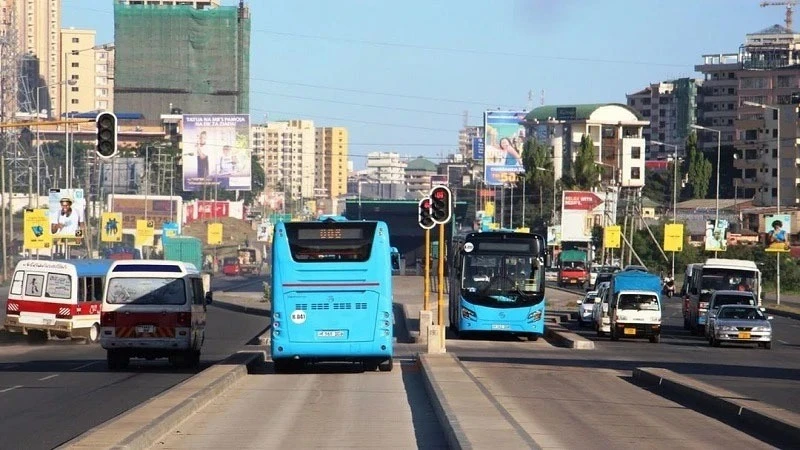Buses for Mbagala BRT route: LATRA should put up tenders

A NUMBER of legislators have lately visited the second-phase Bus Rapid Transit project works in Dar es Salaam city. They were far from impressed by the DART management’s plans for February 2025 schedule of starting to offer services.
DART – Dar es Salaam city’s Bus Rapid Transit – operates half as a state agency and half as a private firm and is seen likely to be waiting for a large loan or subsidy from the Treasury to buy 700 buses – or half of those to start with or at least 100 new buses to roll out services.
This is hardly surprising as virtually all parastatal sector managers want the Air Tanzania model to be rolled out everywhere, as state sympathy of sorts.
That isn’t what the government has strongly advocated over the past year in particular – that is, using public-private partnerships instead of burdening the government with appeals for subsidies or finding foreign loans.
Heads of various public organisations seek to pay lip service to this directive at times with rather unworkable contractual suggestions, as happened with 49 per cent to 51 per cent privatisations at the start of the century, much of which are out of memory for the generation of executives in their thirties or forties.
Rather curiously, DART has signalled as much, asking a Gulf-based company to bring in buses for DART to collect the fares and pay the firm for whatever costs it will incur. The bus firm ought to collect fares and pay taxes, not ‘royalties’.
In that case, DART is giving itself until the end of this year to complete negotiations with the Gulf bus company – with, hopefully, the buses starting streaming in by early next year.
The MPs were understandably upset over this schedule, calling on the government to ensure that the second phase of BRT’s operations – from Gerezani to Mbagala – start within the next three months.
That would imply placing the routes under the Land Transport Regulatory Authority (LATRA) just like the others, especially if it gets the ‘special hire’ air-conditioned staff buses on fares that permit rather enhanced profitability.
But there is really no need to wait for DART to bring in their 700 buses and operate non-competitively, as that would surely be a raw deal.
For one thing, there is an impression that the BRT lanes are DART infrastructure, as if this was a gift from the government to the city-based public firm, while trusting that the government respects its right of monopoly on servicing the rapid bus route.
There is however a sphere in which competition can be exercised, hoping that DART will itself eventually bring in buses which are likely to operate on the same model as their phase one services – that is, ending up with dangerously congested buses.
With a fare markup, it is possible to introduce air-conditioned ‘special hire’ buses operating free of congestion while and the more ‘popular’ lower-fare buses operate as well.
It was surprising that officials of the respective ministries did not accompany the MPs during the visit – Works, which is supervising BRT construction; Transport, which is overseeing the operations of bus systems; and PO-RALG (the Regional Administration and Local Governments wing of the President’s Office), whose committee members were the ones visiting the BRT project.
One is left guessing whether the ministries in question did not wish to commit themselves on the issues, leaving the DART chief executive to revel in thanking the committee for the visit and promising that all the recommendations issued would be seriously considered.
In all seriousness, things could have easily gone a lot more smoothly and promisingly.
Top Headlines
© 2024 IPPMEDIA.COM. ALL RIGHTS RESERVED

















